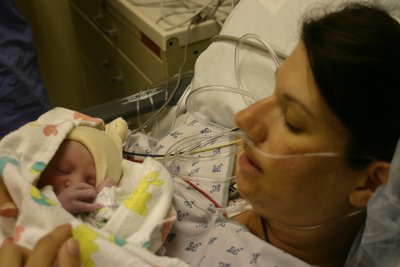David King, Pastor of Dayspring Presbyterian Church (PCA) Forsyth, GA, has written an article for the Reformed Baptist Theological Review. Yes, a Presbyterian minister writing for a Reformed Baptist publication seems a bit odd, but his article is a welcome addition to this present issue. He has written a series on Sola Scriptura with William Webster,
Holy Scripture: The Ground and Pillar of Our Faith, published by Christian Resources Inc. in 2001. This series will possibly be ranked with William Whittackers work in 1588,
Disputations On Holy Scripture and William Goode’s
The Divine Rule of Faith and Practice.
King’s current (NEARLY 40 PAGE) article on Sola Scriptura surveys the current landscape in modern Roman Catholic apologetics. He discusses Formal and Material sufficiency of the Bible in a way that anyone who has engaged the issues with Roman Catholics will appreciate. The level of the article may be above the average person (since Material and Formal sufficiency is not in the modern evangelical vernacular), but is worth the read anyway. It may simply raise the bar of our thinking and apologetic. If you have debated RCs, then you have already have had to think through these issues anyway. Therefore reading one, who has a firm grasp in this apologetic field will only bless the man who loves God’s Word as being “God breathed, able to…equip the man of God for every good work”.
In footnote 27 (one should read all his footnotes since at times they are longer than the article itself) King states:
“Roman apologists often press the argument that the Bible itself offers no infallible list of infallible book, but often becomes indignant when the same argument is pressed about their claims of infallibility. They have no infallible list of infallible pronouncements, and no apologist to date has been able to offer the authors an ‘infallible’ list of ex Cathedra pronouncements. In fact, they often deny the need for ant such list all the while they wage the same argument against Sola Scriptura.”
The Roman Catholic must engage in “private interpretations” in order to argue his position that the Protestant position of interpreting the Bible is wrong. This is self contradictory, yet in my experience, RCs simply refuse to admit their error at this point.
On page 120, King demonstrates that there is absolutely no historical evidence of Mary’s Assumption. Yet he cites Karl Keating as saying, ‘The mere fact that the Church teaches the doctrine of the Assumption as something definitely true is a guarantee that it is true.” The doctrine of Sola Ecclesia is shown to be pitted against the Scriptures as it truly is.
King does an excellent job at pointing out the incredible inconsistencies (the sign of a failed argument) and double standards of Roman Catholic Apologists. As one who has personally experienced RC apologists on a lay level, King’s work on this particular doctrine may very well bless the Church of Christ for many years to come. It is a must read if you engage in apologetics and love to defend Sola Scriptura.












